MPs question efficacy of Community Relations Unit as Ministers affirm pilot’s promise in neighbour disputes
During a 14 October 2025 parliamentary sitting, Ministers faced questions over the Community Relations Unit (CRU), a pilot scheme handling severe neighbour disputes in Tampines. MPs sought clarity on its authority, caseload, and future expansion following a fatal Yishun case that renewed scrutiny of Singapore’s community dispute framework.
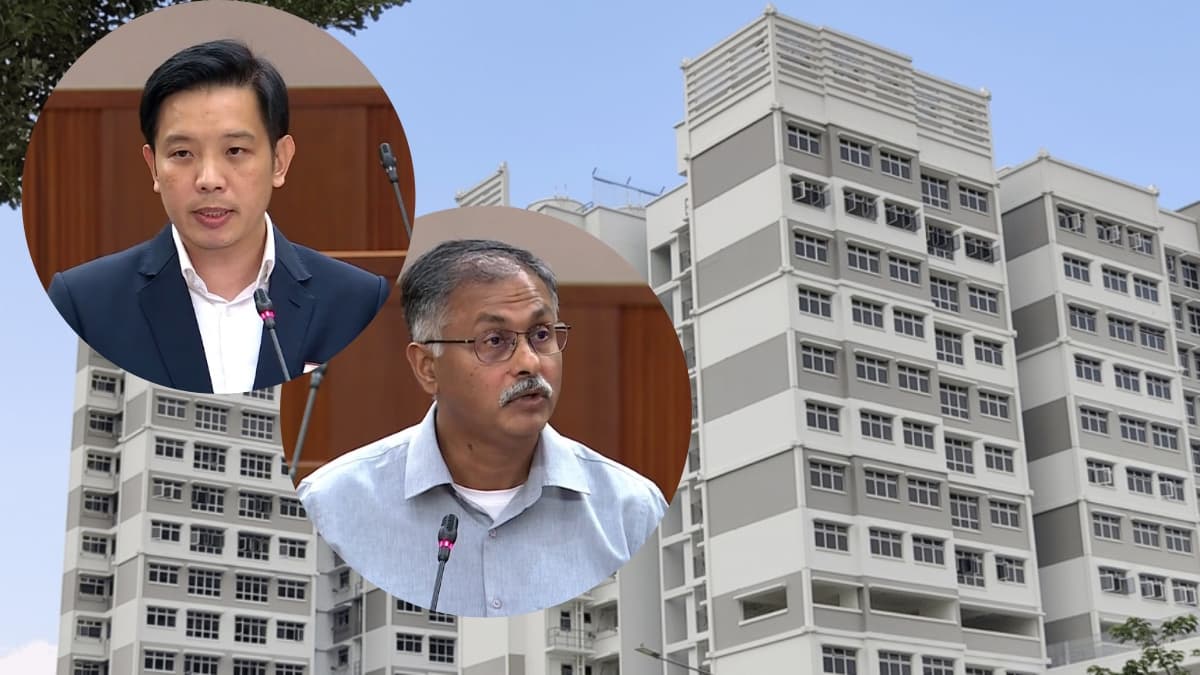
- Ministers defended the CRU’s ongoing pilot in Tampines amid MPs’ questions on its impact.
- Law and National Development ministries reaffirmed focus on mediation, not enforcement.
- The Government pledged to refine frameworks after a fatal neighbour dispute raised concerns.
SINGAPORE: On 14 October 2025, during a sitting of Parliament, several Members of Parliament questioned the efficacy, transparency, and powers of the Community Relations Unit (CRU), a pilot initiative designed to manage severe neighbour disputes in Housing and Development Board (HDB) estates.
The CRU, launched in April 2025 and currently operating in Tampines, investigates serious cases such as persistent noise and hoarding. The pilot aims to bridge gaps between community mediation and enforcement.
Minister of State for National Development Alvin Tan reported that the average monthly number of neighbour disputes across HDB estates has remained steady at about 2,500 over the past five years.
Since its inception, the CRU has handled five severe cases.
Tan said the Government is assessing the pilot’s sustainability before any expansion. He stressed that the CRU should not replace Singapore’s social fabric of mutual respect and community cooperation, remarking that “strong community bonds and norms” remain the first line of resolution in a “We First” society.
Fatal Yishun case reignites scrutiny
Questions were particularly pointed following a fatal knife attack in Yishun on 24 September 2025, in which the victim had earlier sought mediation with her neighbour in June but received no response.
Chua Chu Kang GRC MP Choo Pei Ling asked about neighbour disputes that escalated into violence, including injuries and fatalities, and how many of these were referred to the Community Mediation Centre (CMC) or the Community Disputes Resolution Tribunals (CDRT).
Workers’ Party MP Kenneth Tiong sought clarification on the number of compulsory mediation orders over the past three years, and how cases reached mediation — through the CDRT, police referrals, or CRU directions.
Ministers stress prevention and personal responsibility
Senior Minister of State for Law Murali Pillai acknowledged that public concern was “understandably high” following the Yishun incident.
He reaffirmed that while frameworks could be strengthened, “no system can completely prevent neighbour disputes or violent behaviour”.
Emphasising personal accountability, he stated, “No one should resort to violence to deal with a neighbour dispute. That is a personal responsibility.”
Tan added that it was “neither desirable nor sustainable” for authorities to intervene at the first sign of conflict, cautioning that excessive official involvement could weaken community resilience.
CRU not a ‘panacea’, says MOS Tan
Responding to further questions on the CRU’s powers, Tan clarified that the unit does not possess sweeping enforcement authority.
Instead, it operates as an intermediary between mediation and enforcement, focusing on “severe and recalcitrant” cases referred by frontline agencies such as the HDB and police.
He stressed that the CRU “is not a panacea for neighbour disputes, and is not a substitute for a strong foundation of positive community norms, good neighbourly relations, and community dispute resolution options.”
When necessary, the CRU may refer serious cases to the HDB for potential compulsory acquisition of flats, but this occurs only “after due care and careful consideration”.
On questions about technology use, Tan noted that noise sensors are occasionally deployed as confirmatory tools once preliminary investigations narrow down the likely source of noise.
He emphasised that such devices are not used indiscriminately and are unnecessary when the source is clear or the responsible party admits fault.
MPs push for clarity on powers and caseload
Tiong and other MPs, including Gerald Giam, Ng Chee Meng, Mariam Jaafar, Choo Pei Ling, and Charlene Chen, pressed for more detail about the CRU’s scope and future expansion.
Tiong, representing Aljunied GRC, posed five supplementary questions to the Ministries of Law and National Development.
He highlighted perceived “gaps” in neighbour dispute mechanisms and questioned why the Tampines pilot had addressed only five cases despite thousands of monthly disputes.
He also urged that MPs be recognised as effective “gatekeepers” for residents appealing for compulsory mediation, given their familiarity with local cases.
Murali Pillai: impartiality must prevail in mediation
In reply, Murali Pillai stated that compulsory mediation must remain impartial and cannot be decided by elected representatives who typically hear only one side.
He reaffirmed that the legal framework already permits prosecution or temporary eviction for non-compliance with tribunal directions.
“The system does have serious outcomes,” he said, noting that lessons from the Tampines pilot will shape any broader rollout of compulsory mediation, depending on available resources.
MOS Tan: pilot must mature before expansion
Addressing questions on the pilot’s limited caseload, Tan said the small number of cases reflected the CRU’s narrow focus on severe disputes. He urged patience as the unit’s outcomes were being studied carefully.
“There are five cases, and we will continue to take on severe cases in Tampines that are being triaged by the agencies,” Tan said. “We are studying this pilot very carefully and, where appropriate, will expand it.”
Tan noted that each case demands substantial resources and coordination among agencies, which explains the cautious pace of evaluation.
Grassroots role and mediation support
Ng Chee Meng, MP for Jalan Kayu SMC, highlighted that roughly 90 per cent of neighbour disputes are resolved informally by grassroots leaders. He suggested enhanced support and training for these volunteers.
Murali Pillai agreed that the Government is open to exploring how grassroots mediators can be further trained and equipped, noting their crucial role in maintaining social harmony.
Clarifications on CRU officers’ legal powers
Workers’ Party chair and Aljunied GRC MP Sylvia Lim sought clarification on Tan’s earlier statement that CRU officers lacked “special powers”.
She pointed out that amendments to the Community Disputes Resolution Act in 2024 had granted them legal authority, including the power to issue on-the-spot orders.
Tan clarified that he had not denied the CRU’s statutory powers but was referring to the absence of “extraordinary authority or a guaranteed panacea”.
He confirmed that Lim was correct in noting the officers’ legal powers and that the CRU operates beyond standard office hours.
Government maintains balance between authority and autonomy
Both ministries reiterated that the long-term aim of Singapore’s community dispute management system is balance — empowering agencies to intervene decisively in severe cases while preserving community-led resolution as the norm.
Tan saidthe CRU’s strength lies not in the number of cases handled but in the lessons it provides for future framework improvements.
“These are very complicated cases,” he said.
“That is exactly why they are severe cases referred to us by the HDB and the police.”
Murali Pillai added that the Government would continue refining dispute management policies and reviewing how compulsory mediation and enforcement could be more efficiently applied in complex situations.


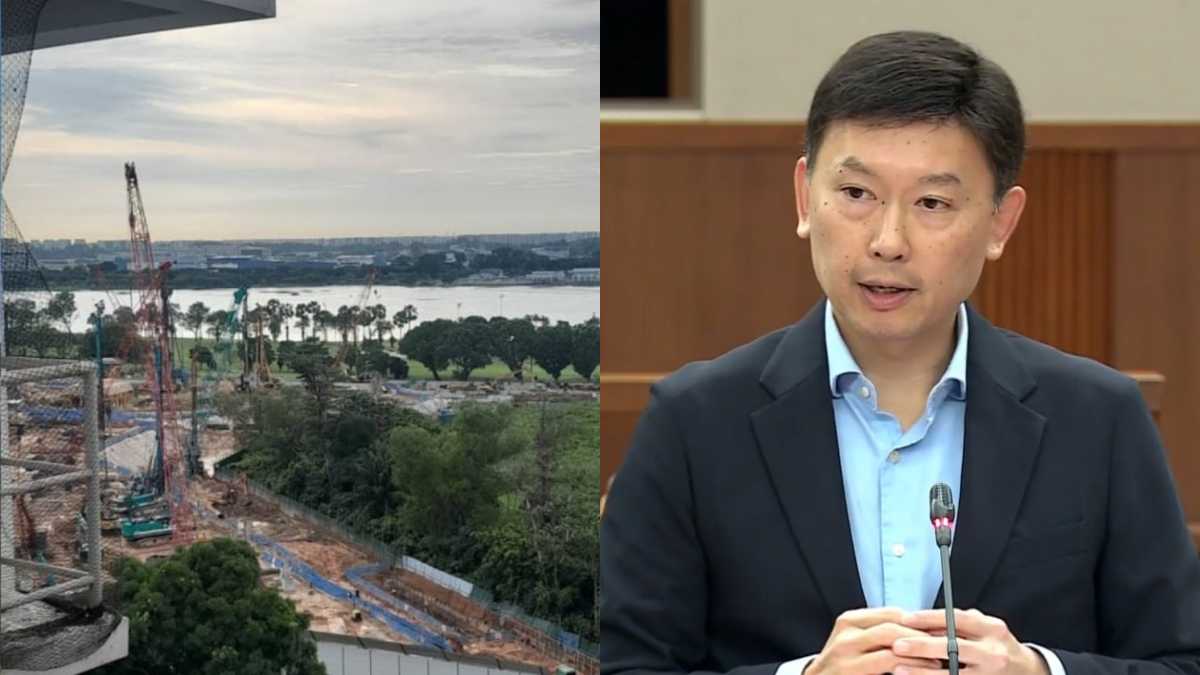
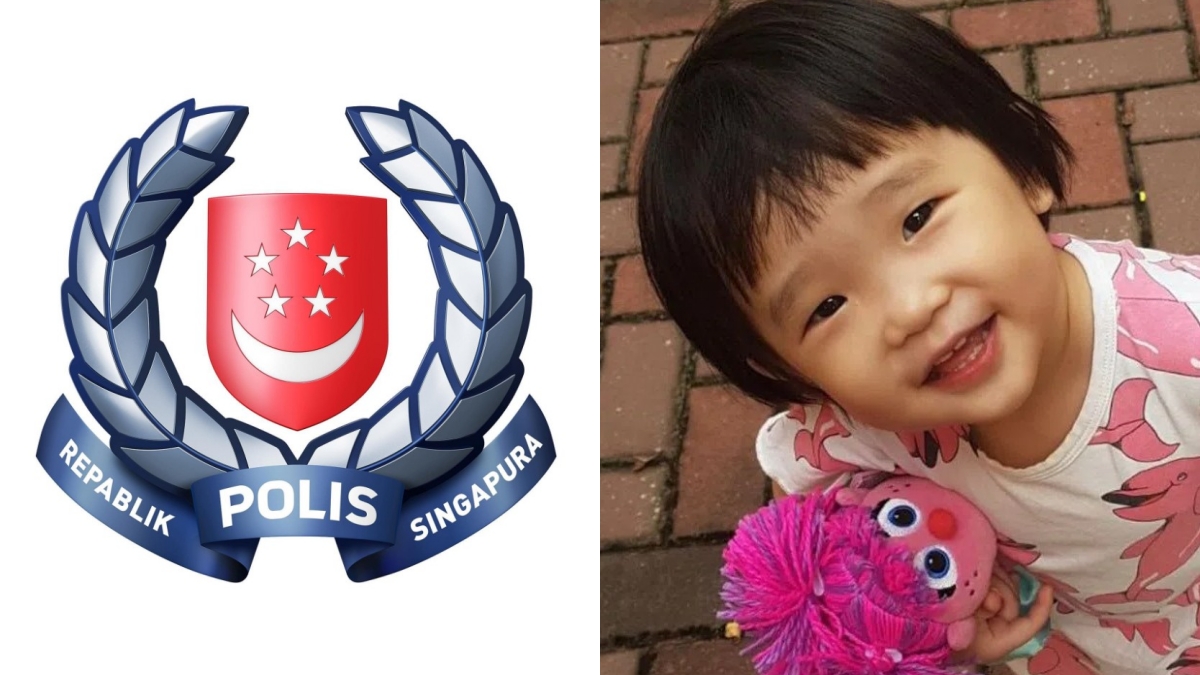
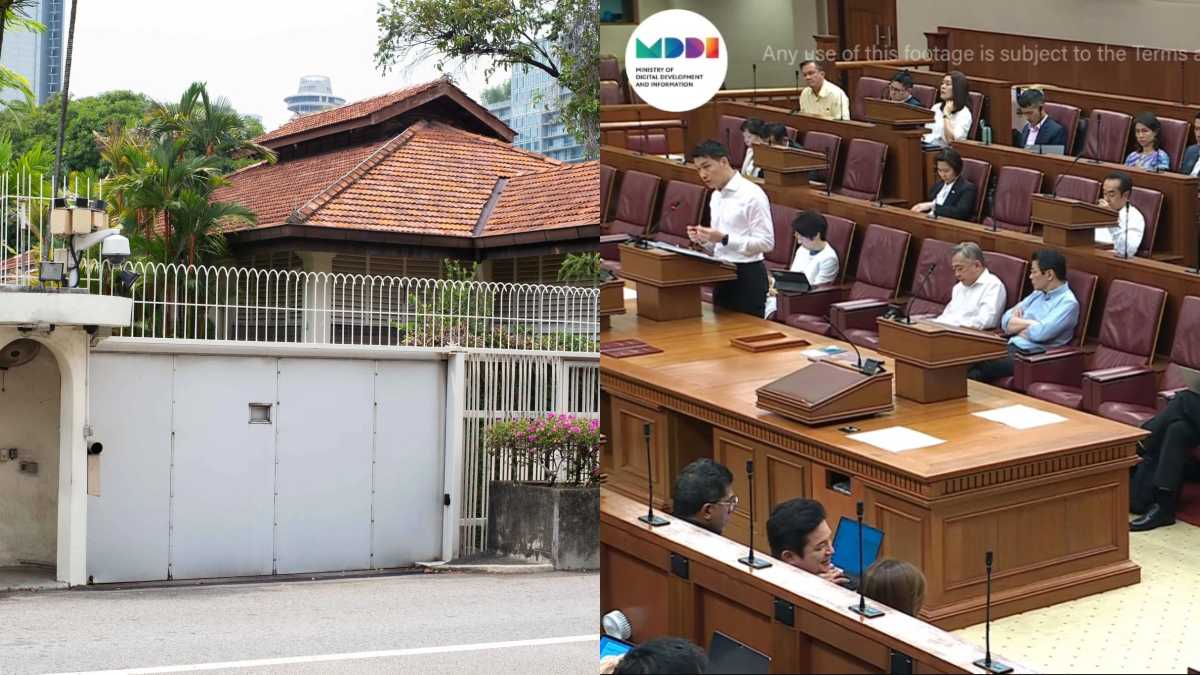
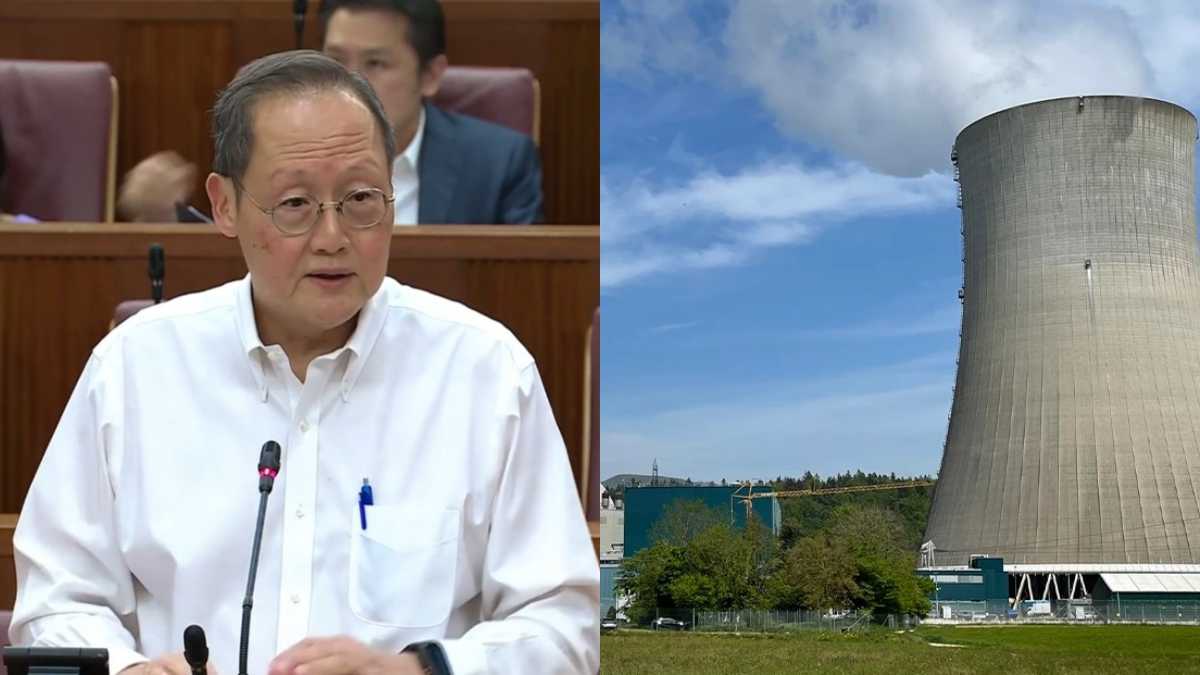
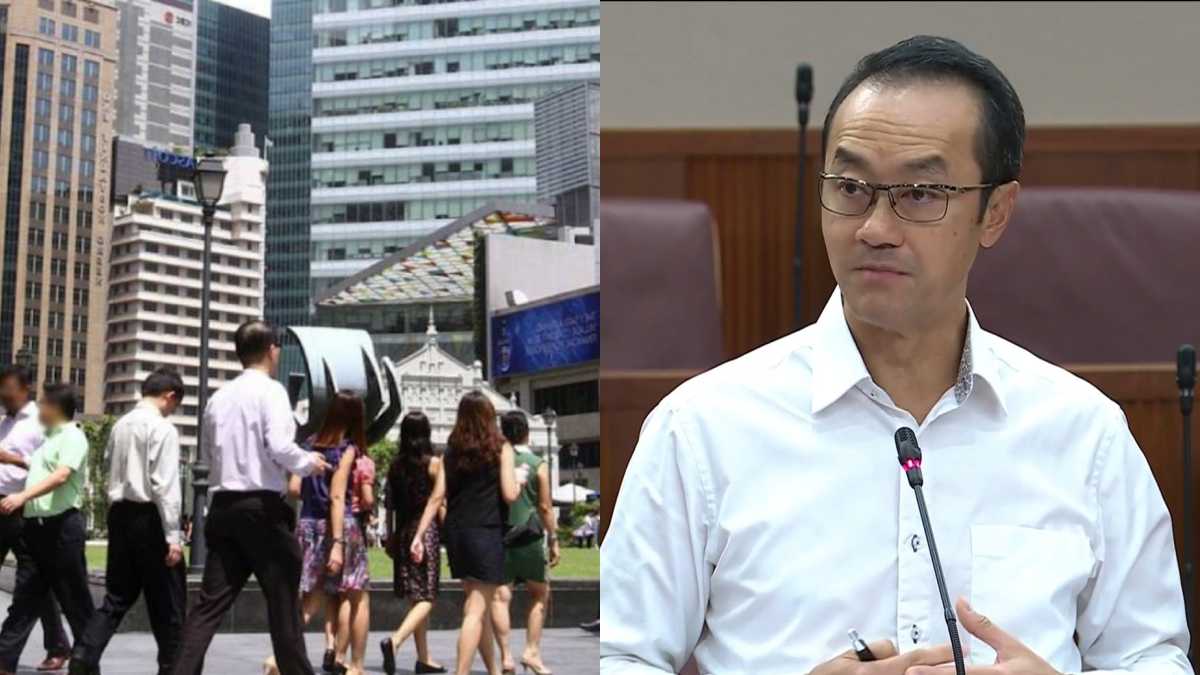
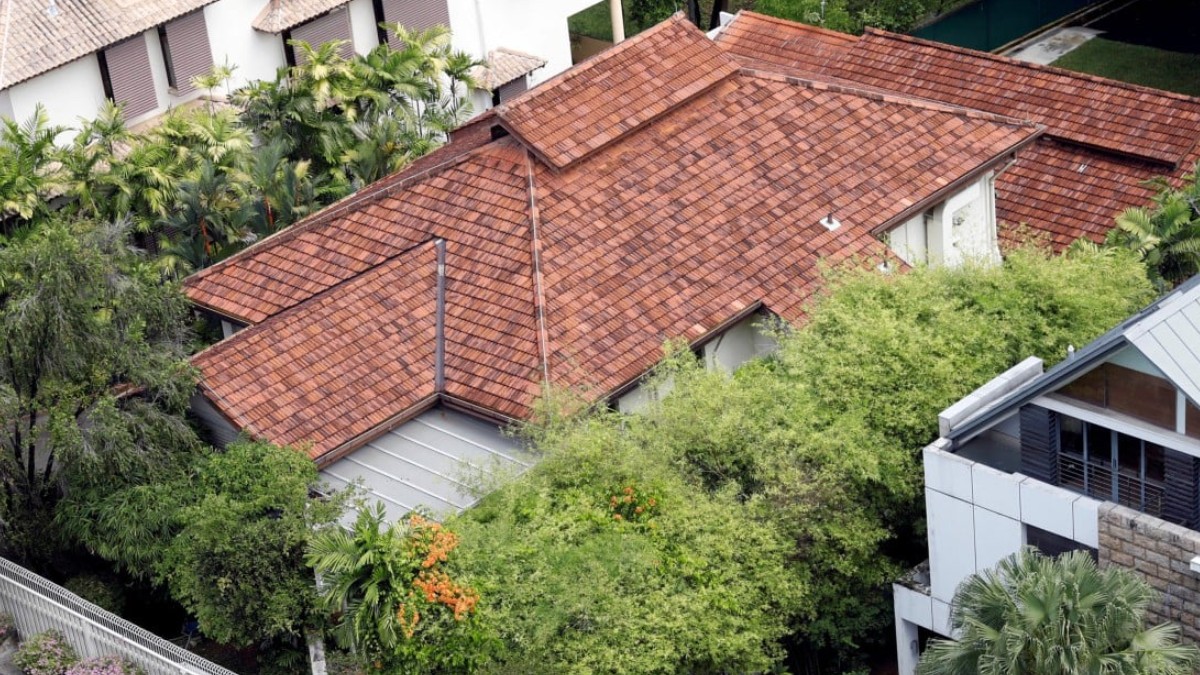
0 Comments